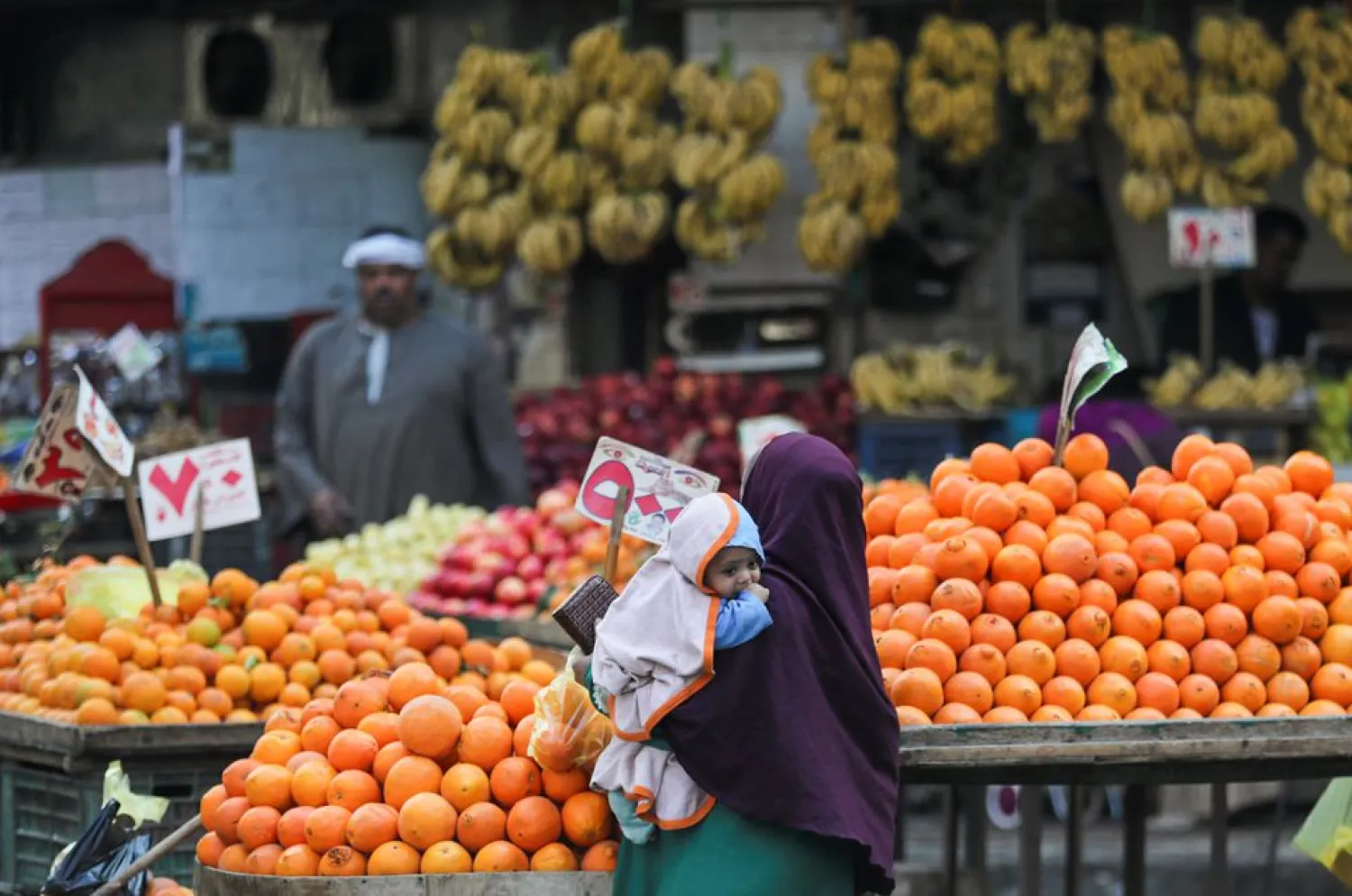Egyptian government asserted that the country has enough stock of all basic commodities, and monitoring campaigns to fight monopolistic practices are being intensified during Ramadan month.
The Egyptian Minister of Supply and Internal Trade, Ali al-Moselhi, said that the strategic reserve of various essential commodities is reassuring, with discounts ranging between 20 and 30 percent at the Ministry's outlets and "Ahlan Ramadan" exhibitions.
The Prime Minister, Mostafa Madbouly, reaffirmed the necessity of preserving the state's strategic stock of primary food commodities and maximizing the added value of storing items from the series of strategic silos established throughout the republic.
Madbouly indicated that the stocks aim to maintain the stability of the state's food security position by meeting the needs of citizens in appropriate quantities.
Moselhi revealed the position of the strategic stock and balances of all essential food commodities within the planning framework to preserve the strategic stock despite the repercussions of the global crisis.
The meeting reviewed the strategic stockpile of wheat, sugar, corn, oil, rice, and frozen meat and poultry, stressing that the strategic reserve of various essential commodities is reassuring.
The stockpile is sufficient for the local consumption of about three months, noting that the season for supplying local wheat will start in April.
Moselhi pointed out that the rice stock is enough for about four months, some quantities have been contracted, and the supply of sugar covers four months, while oil suffices the market's needs for about five months and pasta for a period of seven months.
The Egyptian government announced that 25,000 tons of frozen poultry would be exempted from customs taxes to be placed in the Ministry's outlets, within the framework of providing food commodities to citizens at reasonable prices to meet their needs.
The government affirms its interest in providing basic commodities to the citizen at fair prices to reduce the repercussions of global crises on the citizen.
It indicates that it would not tolerate merchants monopolizing food commodities and increasing the prices, urging the citizens to report any such practices.
The cabinet approved a draft decision by the Prime Minister to amend some provisions of the minimum wage decision for public employees, depending on their job level.









